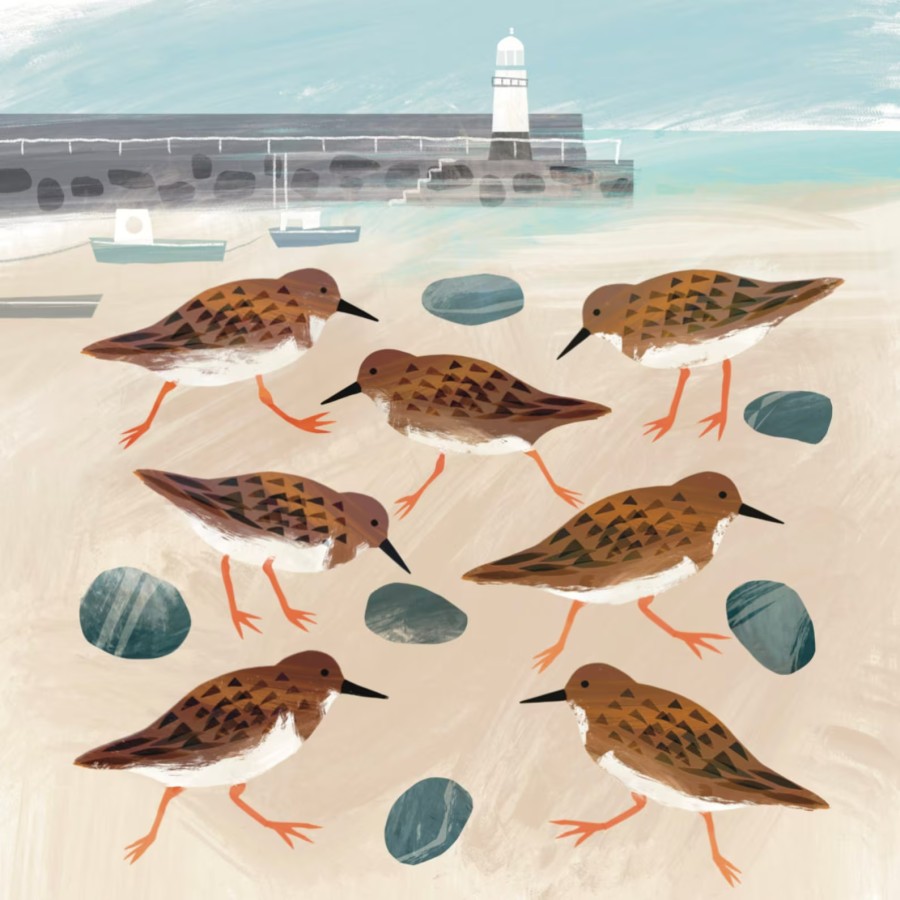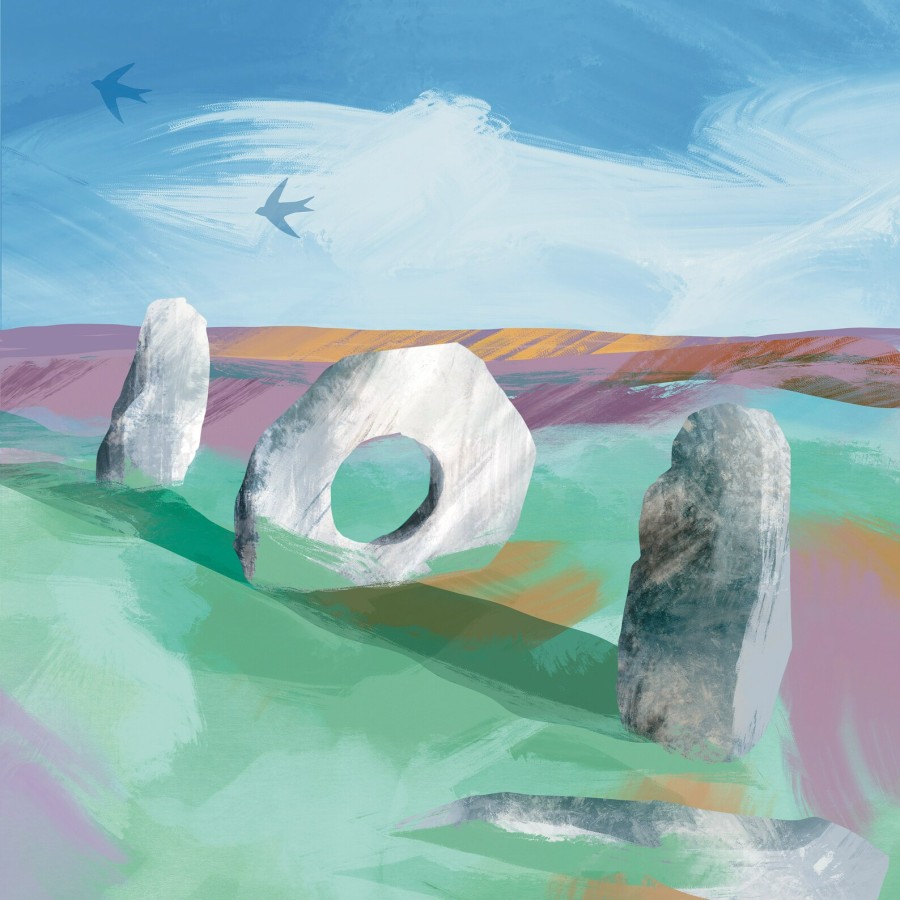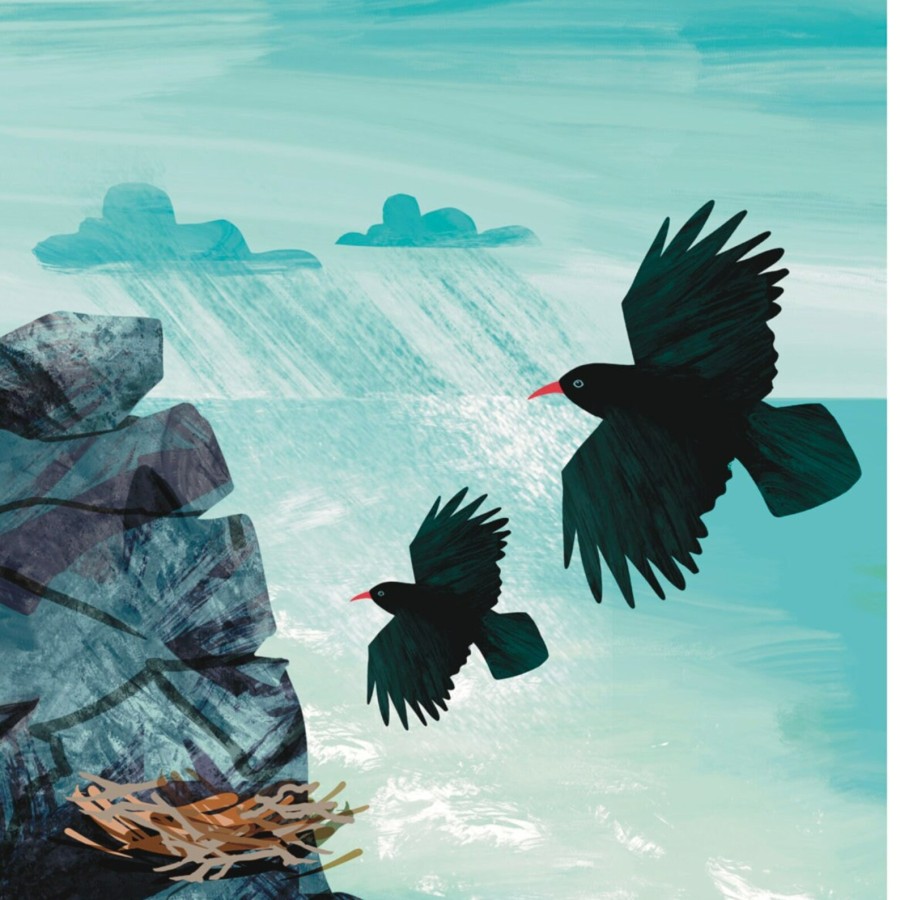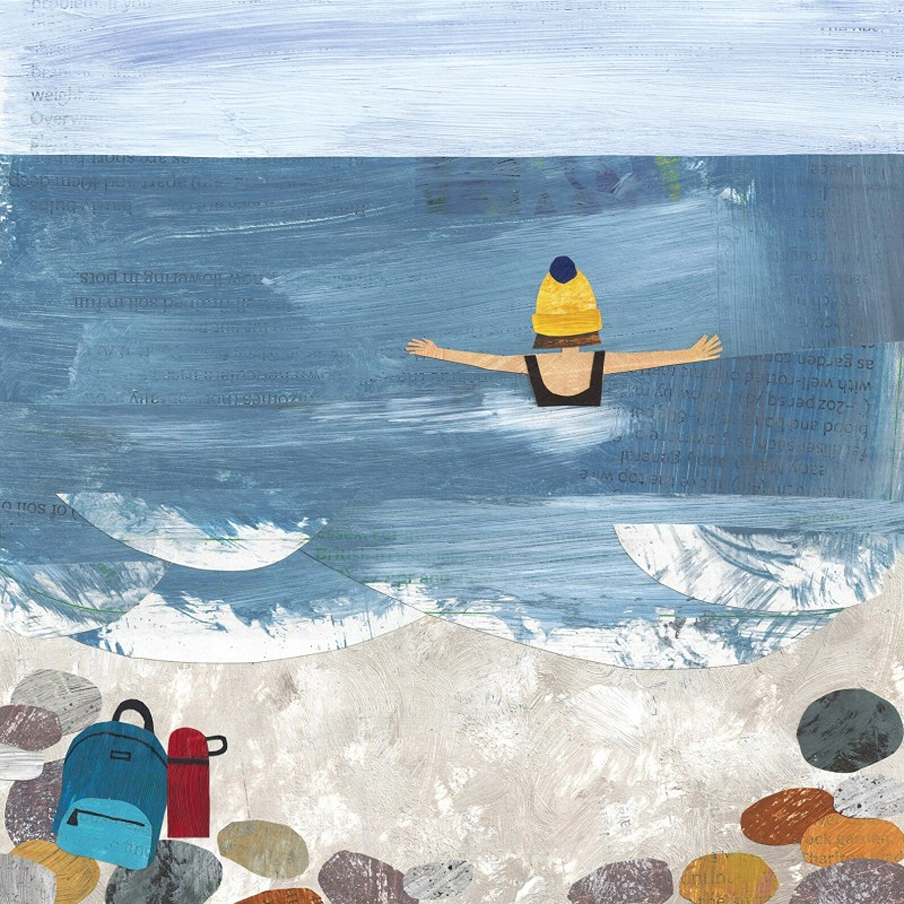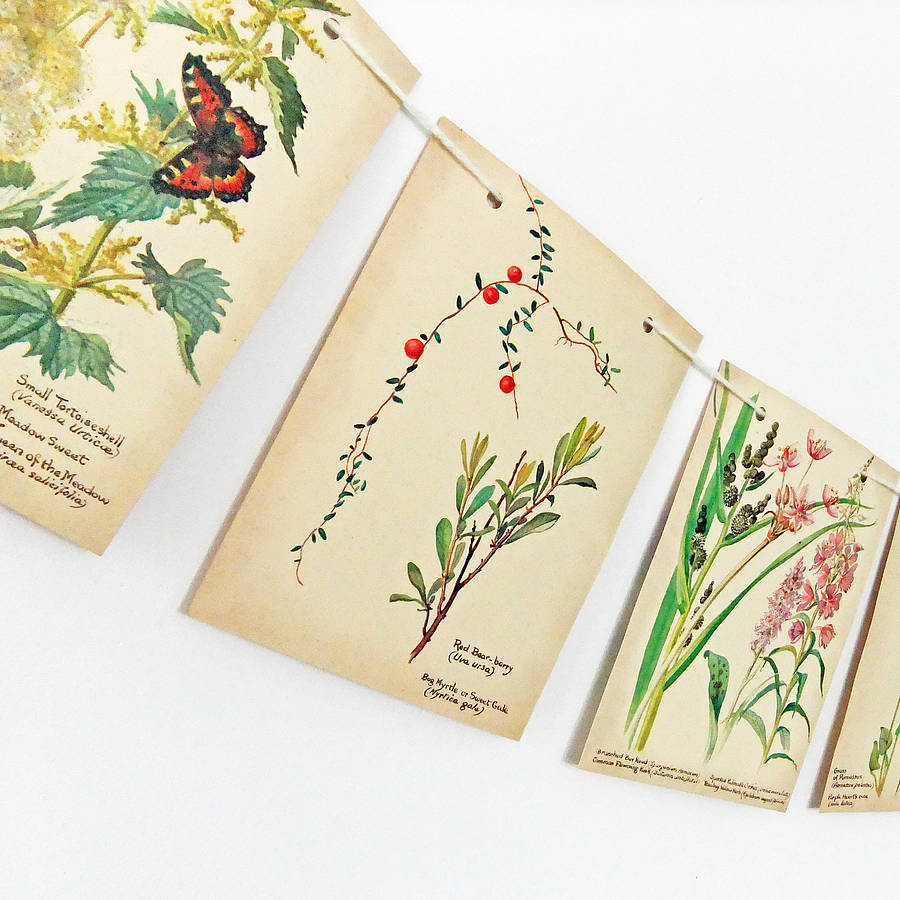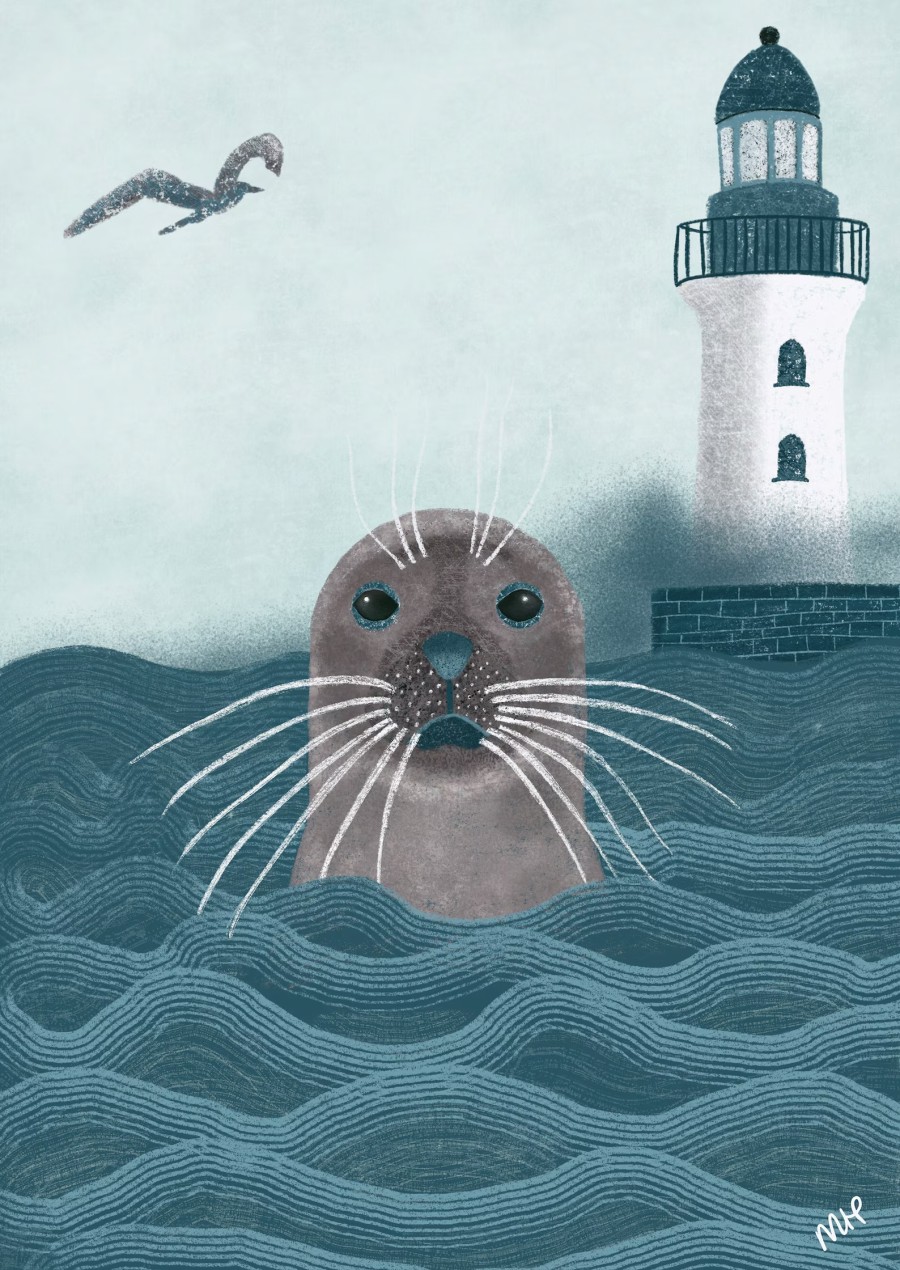
Grey and harbour seals are the two main species found in England. It’s common to view them off coasts of a few counties (Norfolk, Suffolk, Northumberland, Lincolnshire and Cornwall). This is because they like the wide and fairly mild (compared to some counties) beaches and offshore islands, to rest and give birth. However, leave seals well alone (if they are looking at you, you’re way too close). Use viewing stations provided by volunteer organisations, as spooking them can cause them to waste energy, get injured or become separated from their pups. They are also capable of serious bites (that always need medical attention).
Never play frisbee nearby (one seal was almost decapitated when one became stuck around its neck). Keep dogs on leads and away from seals (especially during breeding season, as seals often hide pups in sand dunes – never walk on sand dunes, as the green shoots provide habitats for natterjack toads and endangered seabirds). And never put injured/abandoned pups back in the sea (as their mothers won’t be able to find them and they cannot be rescued from the sea, if this is needed).
Although they spend most time at sea, seals spend time on dry land to rest and digest vital energy from their food. If you see a marine creature in distress, call British Divers Marine Life Rescue for help (01825 765546). To find out how you can help seals, visit Cornwall Seal Group.
organic clothing to help protect seals
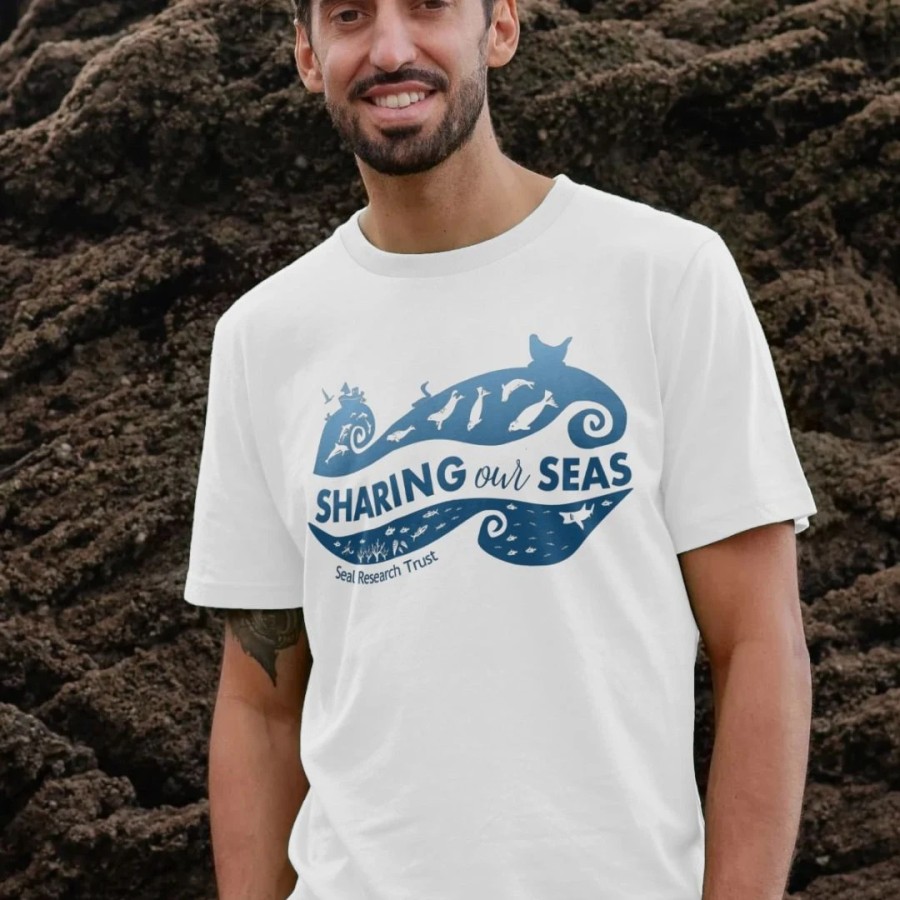
Cornwall Seal Research Trust does wonderful work to protect seals, and you can share any seal sightings you have around the SW (sightings@cornwallsealgroup.co.uk). These cotton tees and baseball shirts are all made from organic cotton, made with green energy and sent in plastic-free packaging. And profits help to fund their work. Organic cotton is far better for the planet, and also does not leach microplastics back into the sea when laundered, which helps to protect all marine creatures. Also in children’s versions.
where to learn more about seals
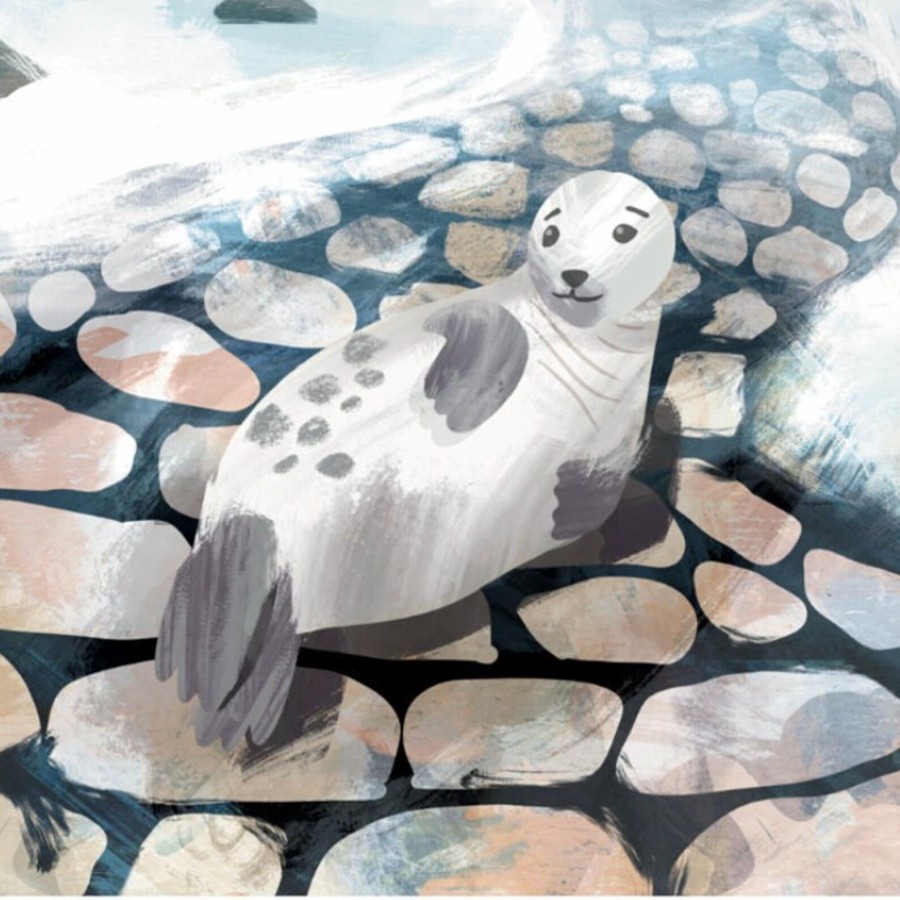
Seal Secrets is a beautiful book by the founder and director of Cornwall Seal Group Research Trust, condensing what the author has learned from years of studying these beautiful and mysterious creatures. After thousands of hours spent remotely observing grey seals in the wild, find an informal writing style and photographs to transport you to their world. And best of all, all profits go to fund their charity’s mission of helping to protect our precious native wild seals.

